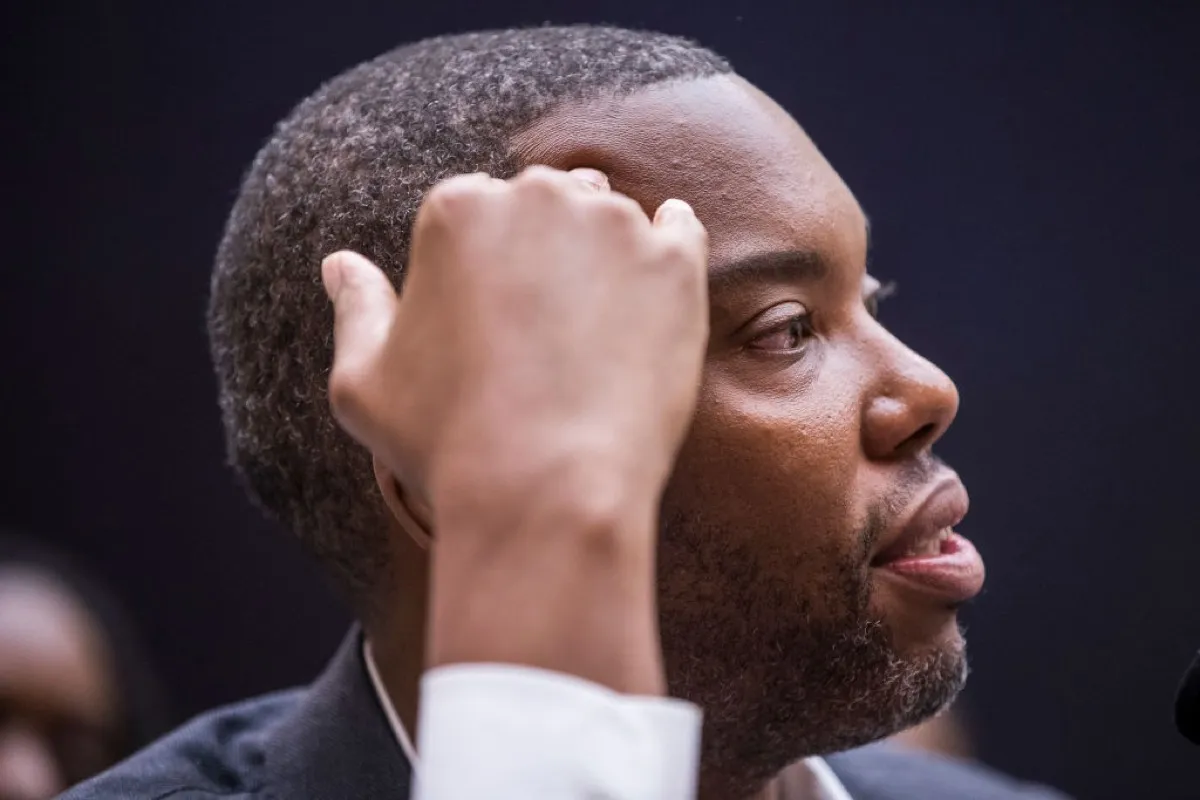Who put a white man in Florida, with no background in education, in charge of deciding what parts of Black history should be taught in schools around the country? By all appearances, the organization in charge of AP courses just did.
Two weeks ago, Florida Gov. Ron DeSantis banned the new AP African American Studies class from public schools in his state, with his administration claiming it violated state law and “lacked educational value.” Instead of giving that excuse the middle finger it deserved, the College Board has released a watered-down version of the course that appears to have been revised in direct response to conservative criticism.
And in another stunning example of poor judgment, they made the announcement on the first day of Black History Month.
Despite the poor timing, College Board CEO David Coleman denied that political pressure led to the changes. The organization had been gathering feedback and revising the new course based on its pilot program in 60 schools around the country. “At the College Board, we can’t look to statements of political leaders,” he told the New York Times. The changes, he said, came from “the input of professors” and “longstanding AP principles.”
Using the critical thinking skills emphasized in AP courses, though, you might wonder why a whole list of specific names and concepts called out by conservatives in recent weeks have suddenly disappeared from the official curriculum. Gone are prominent Black writers such as Ta-Nehisi Coates and bell hooks. Missing are materials related to intersectionalism and Black queer history. A new section has been added on Black conservatives.
Contemporary topics such as Black Lives Matter and the reparations debate have been relegated to a list of sample topics for students to research independently. Even there, the College Board is careful not to offend, saying the suggestions “can be refined by local states and districts.”
The irony is that the entire curriculum is highly flexible like that. As a high school teacher with actual experience teaching AP courses explained on her TikTok, the readings listed in the curriculum are like a menu of options to choose from—not a list of requirements. Since it can be modified to adhere to state laws, why ban things from it outright, unless it’s for political grandstanding or reshaping the curriculum in the hope that conservatives won’t ban it?
And as much as conservatives like to throw around scary words like “indoctrination,” AP classes simply expose students to a range of sources and ideas. “Nowhere in any of these AP curriculums does it tell us that we have to convince students that a thing is true,” the teacher said on her TikTok. “We are supposed to help them explore various topics, various concepts, and then they are supposed to come to their own conclusion, even in the assessment.”
She also pointed out the misspellings in the Florida Department of Education’s memo outlining its complaints about the previous curriculum. Is it petty to expect that the people influencing such decisions should be able to get details like this right, or just reasonable?
But this fight might not be over. Last week, a group of high school students represented by civil rights heavyweight Ben Crump threatened to sue DeSantis for denying them access to Black history courses. If Florida allows the modified class, these students might have to take a different tack to push for a more inclusive version.
Backlash also seems to be brewing elsewhere. Democratic Illinois Governor JB Pritzker wrote to the College Board last week, threatening to reject the revised version of the course if it fails to include “a factual accounting of history, including the role played by Black queer Americans.”
Will the College Board succeed in getting the course unbanned in one state only to have it banned in another? Stay tuned, and in the meantime, maybe check out some of the readings they decided to cut.
(via The New York Times, featured image: Zach Gibson/Getty Images)










Published: Feb 1, 2023 05:30 pm